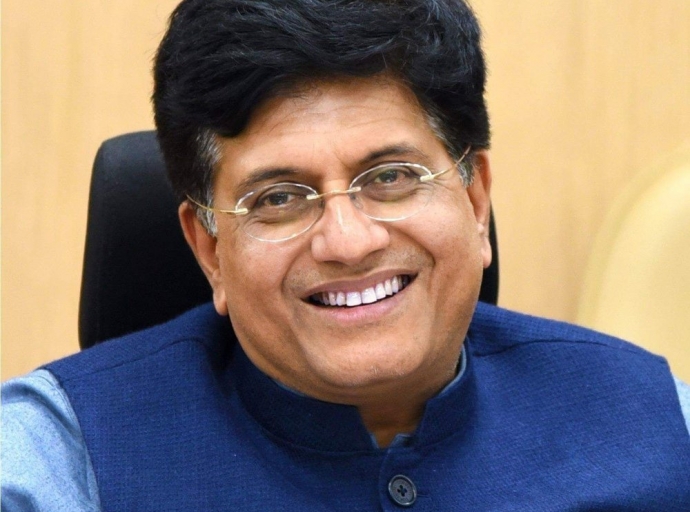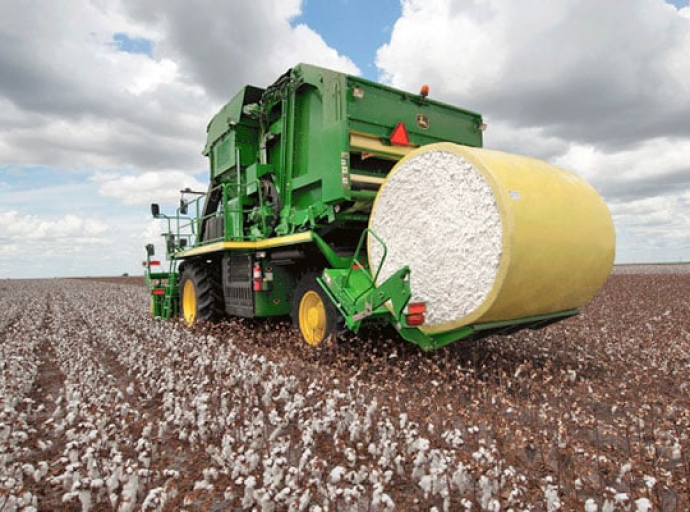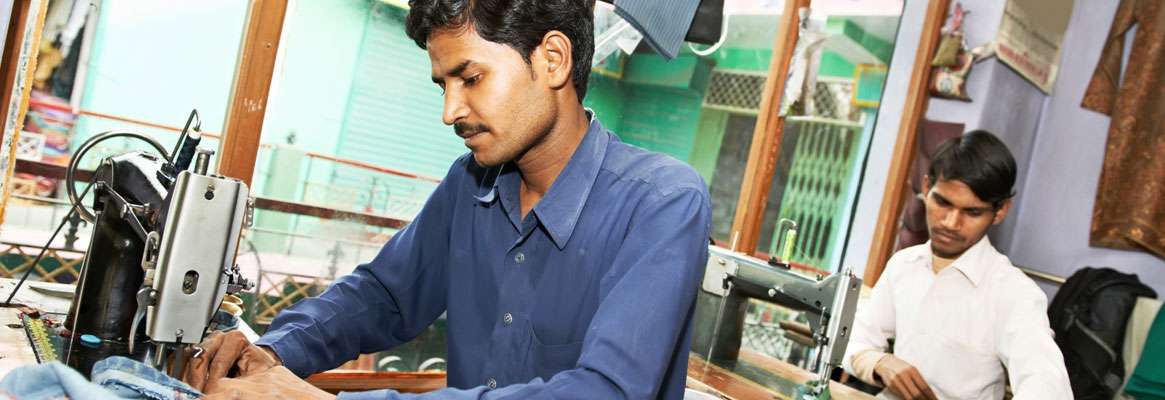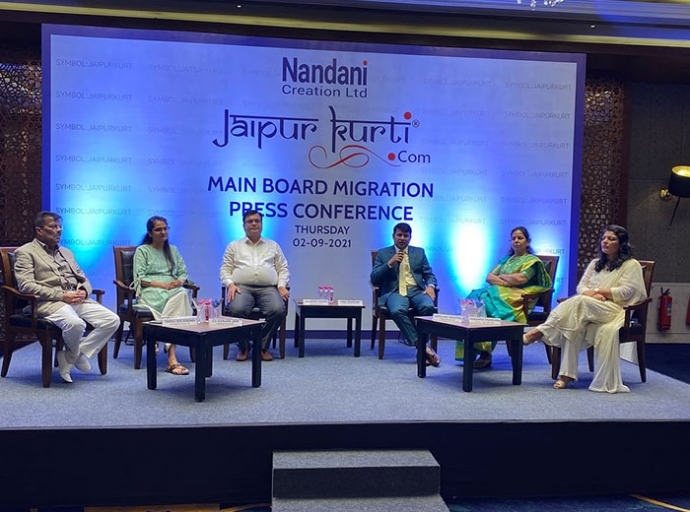13th September 2021, Mumbai:
The Textiles Ministry has set the guidelines right to follow a "challenge method" to short-list states for the proposed Mega Investment Textiles Parks (MITRA) scheme, under which seven parks will be set up in the country in the coming seasons, iterates MoT.
Centre will choose not to “pre-judge’’ the suitability of any location for its Mega Integrated Textile Regions and Parks (MITRA) scheme alludes, Textiles Secretary U P Singh. The scheme, which was announced in the Union Budget 2021-22, is at advanced stages of approval he states unequivocally.
There is been an approach of keeping things straight & simple as the only prerequisite set is that, "The land availability for the parks has to be a minimum 1,000 acres".
Under (MITRA) scheme seven (7) parks fitted with new-age infrastructure with 'plug and play facilities would be set up and there is a job in progress. "Sounding optimistic U P Singh indicated that we are expecting that in the very near future, (cabinet) approval is on the table," he told PTI.
Watch YouTube: https://www.youtube.com/channel/UCnQ6v9wBHyOlRPSDgJMsJaA


_thumbnail.png)

_thumbnail.png)
_thumbnail.png)





_thumbnail.png)

_thumbnail.png)


_thumbnail.png)

_thumbnail.png)


























